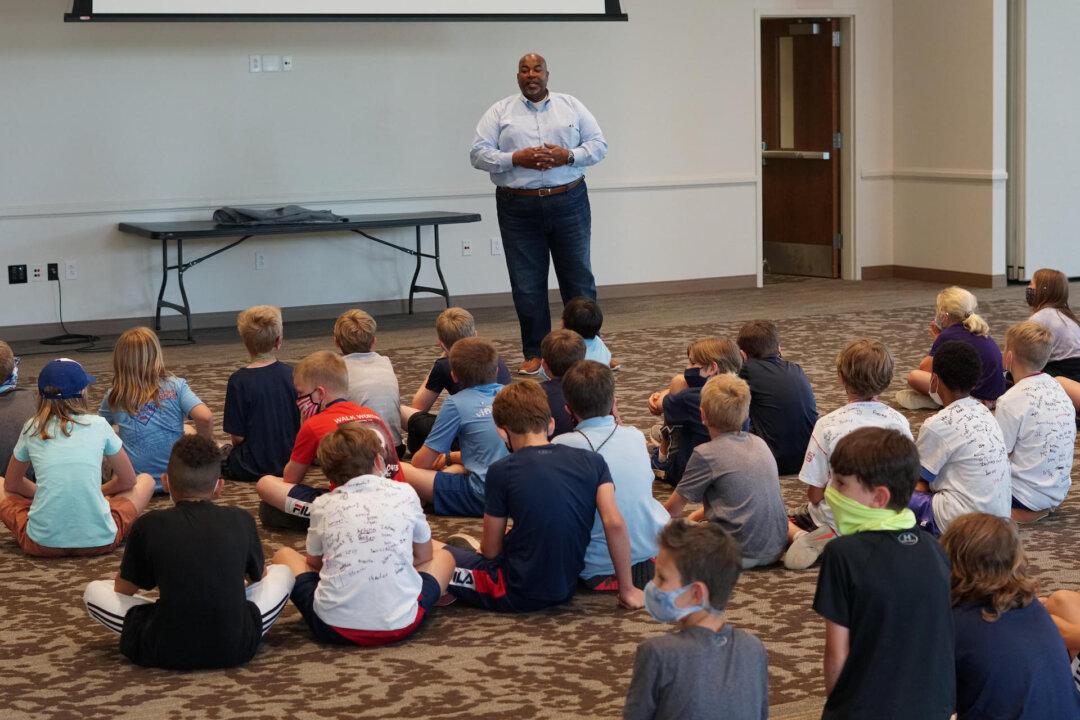As legislation prohibiting the teaching of critical race theory (CRT) in K-12 classrooms circulates in the North Carolina General Assembly, a critic of the theory, Lt. Gov. Mark Robinson, has set up a task force to gather evidence of it being taught in the school system.
Robinson, a Republican and North Carolina’s first black lieutenant governor, stepped into office in 2020 and serves under Gov. Roy Cooper, a Democrat.





